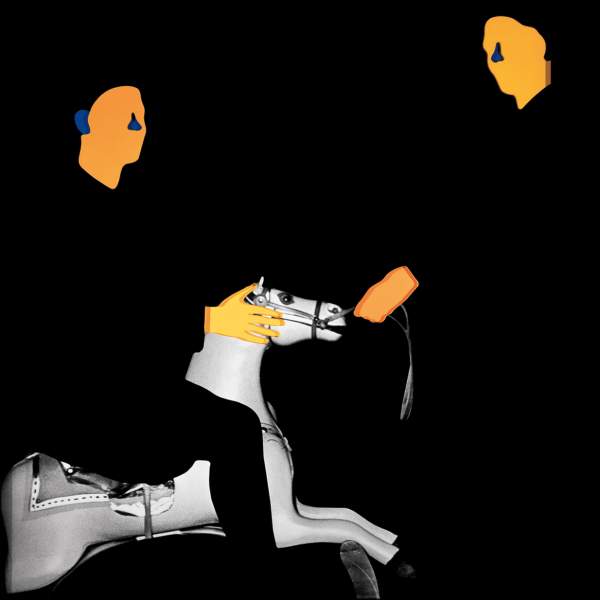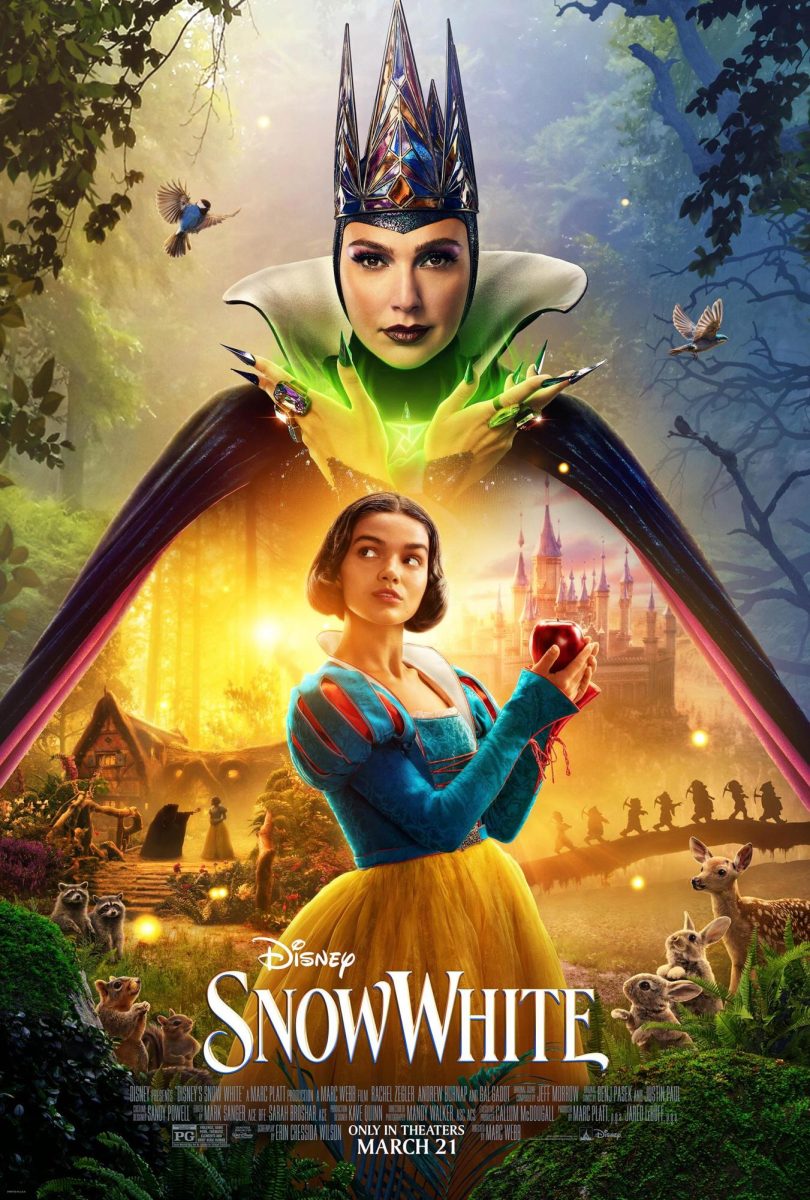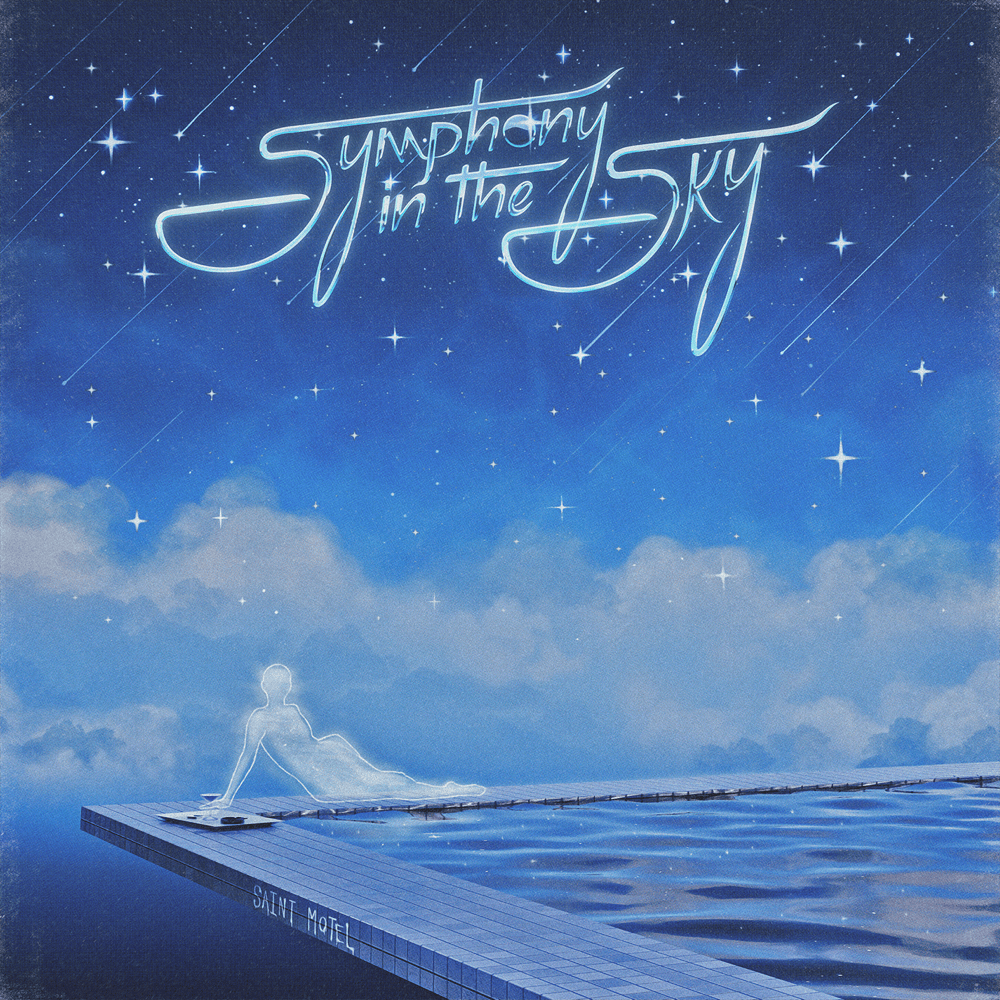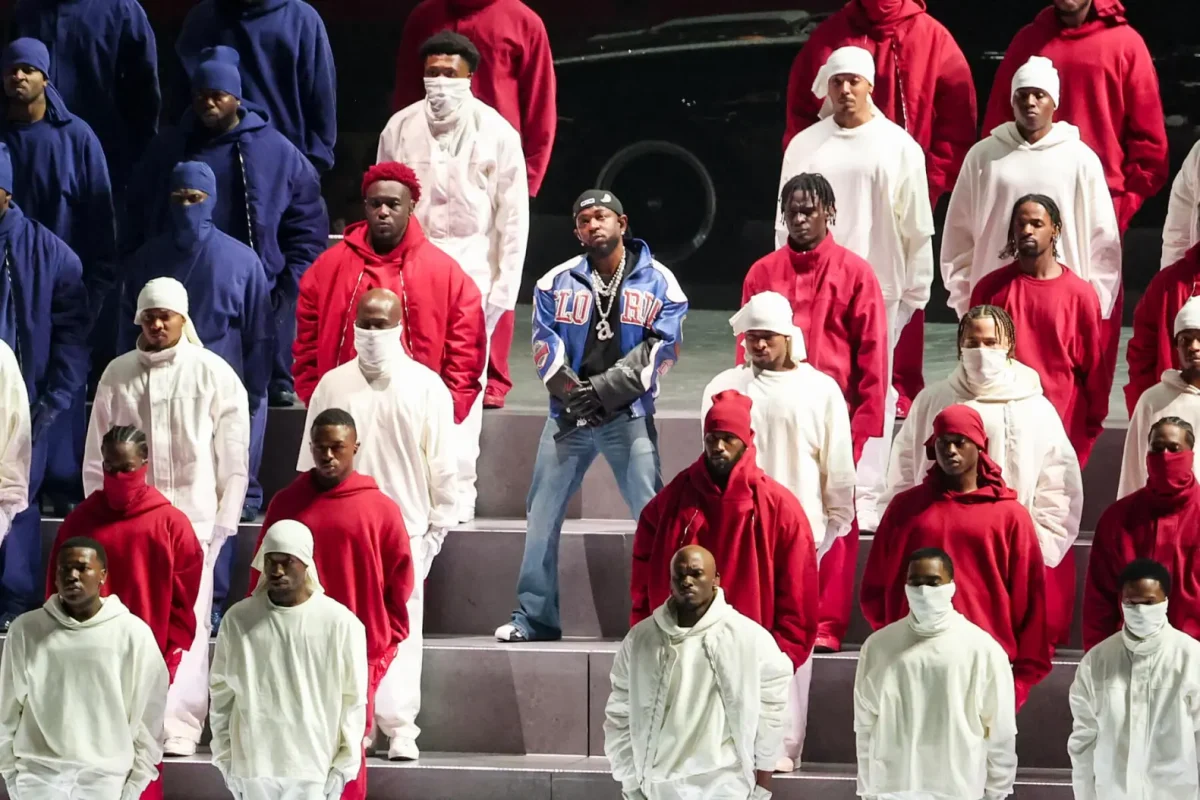On Feb. 23, American rock band MGMT released Loss of Life, their fifth studio album, marking their first album release since Little Dark Age in 2018. MGMT was formed in 2002 by vocalists and multi-instrumentalists Andrew VanWyngarden and Ben Goldwasser. Their new album features ten tracks and flaunts a psychedelic filter on its songs.
Loss of Life spans 45 minutes and stays in line with MGMT’s originally established indie rock voice, but does not conform to the expectations fans had for the album. Instead, the album forces listeners to step out of their comfort zones and set aside preconceived ideas of what alternative indie music should sound like with several tracks that playfully mix genres and melodies.
Many of the album’s songs draw from a ‘70s feel, leaning towards rock sounds at times and then back into indie. The album fluidly tip-toes along the border between music genres, including indie folk, soft rock, and pop, and sometimes dives into multiple simultaneously. Loss of Life remains true to MGMT’s usual style of alternative indie rock and heartfelt music while also branching out into uncharted territories for the American indie rock band.
Loss of Life fearlessly embraces uniqueness, taking on a free-spirited quality with its non-judgmental and nonconforming lyrics and instrumentals. MGMT doesn’t seek validation from others on Loss of Life, but merely invites listeners to shed their existing notions about what indie rock music should sound like and instead accept the album for what it is: refreshingly and irresistibly chaotic. While some of Loss of Life’s songs wane into boredom with the constant mix of genres, overly ironic lyrics, and lack of upbeat vocals, the albums dark-humored tone and freeing melodies are perfectly fit for the soundtrack to an indie film.
The fourth track, “People In The Streets,” unpacks the album’s recurring theme of not conforming to expectations with a soft rock style and presents an ironic take on societal dynamics that appears in many songs on Loss of Life. “The people in the streets aren’t part of the fun, And I’d go and join them but I’m so, Scared of people in the streets,” VanWygarden sings. The lyrics of “People In The Streets” detail how the singer doesn’t want to become part of the masses or lose themselves in the collective ideals pushed onto them by others. Instead, they want to protect their unique free spirit, mirroring MGMT’s process of creating the album. Despite its tinges of desperation, the song evokes the uplifting theme of owning your individuality. The delivery of the lyrics put a joyful twist on an otherwise forlorn song.
“Dancing in Babylon,” the third track, features French artist Christine and the Queens. The tender love song, one of a few with deeper romantic meanings on the album, features beautiful vocals enhanced by a delicate piano ballad shadowing the song’s background. The song houses a reminiscent tone captured in its enchantingly heartbreaking lyrics: “You know we just started, We’re proud-hearted like fish in the lobby, Dead and gone, dancing in Babylon.” The saddening and heartfelt lyrics tell the story of a couple wanting to celebrate their love for one another but ultimately separated by the constraints of timing and reality, the song ends with them apart instead of together. The singers’ vocals blend together seamlessly, ingraining the song’s nostalgic and melancholy tone into listeners’ ears solidifying it as one of the best tracks on the album.

(Promotional Courtesy of Genius)
The second track on the album, indie folk song “Mother Nature,” originally released as one of the album’s lead singles on Jan. 10. “I torched the fields again, And killed an honest man, Now I understand Mother Nature,” VanWygarden sings. The lyrics power the song’s opening verse and deepen its acoustic guitar and folksy roots from its very opening lines. “Mother Nature” has a Radiohead-esque feel that leans in a dystopian direction while detailing the dark impacts of climate change and the destruction of agriculture. The song’s rapid-fire lyrics beautifully demonstrate how maintaining a healthy planet requires destroying how we used to function as a society to build something better from its ashes.
“Mother Nature” inserts a deep dive into societal issues on the album, a feat familiar to MGMT. This helps connect Loss of Life to their past released music with similar themes of discussing deep issues, such as alcoholism, peer pressure, and environmentalism, while they experiment with new genres and instrumentals.
More confident than ever in their musical abilities and original sound, MGMT’s vulnerability and freeing nature draws attention to their newest album. While the band’s playfully chaotic tune doesn’t suit everyone’s tastes, its mix of genres thrown into every song allows fans of a variety of types of music to enjoy it. MGMT’s grand return to the music scene with Loss of Life earns three and a half out of five feathers.















